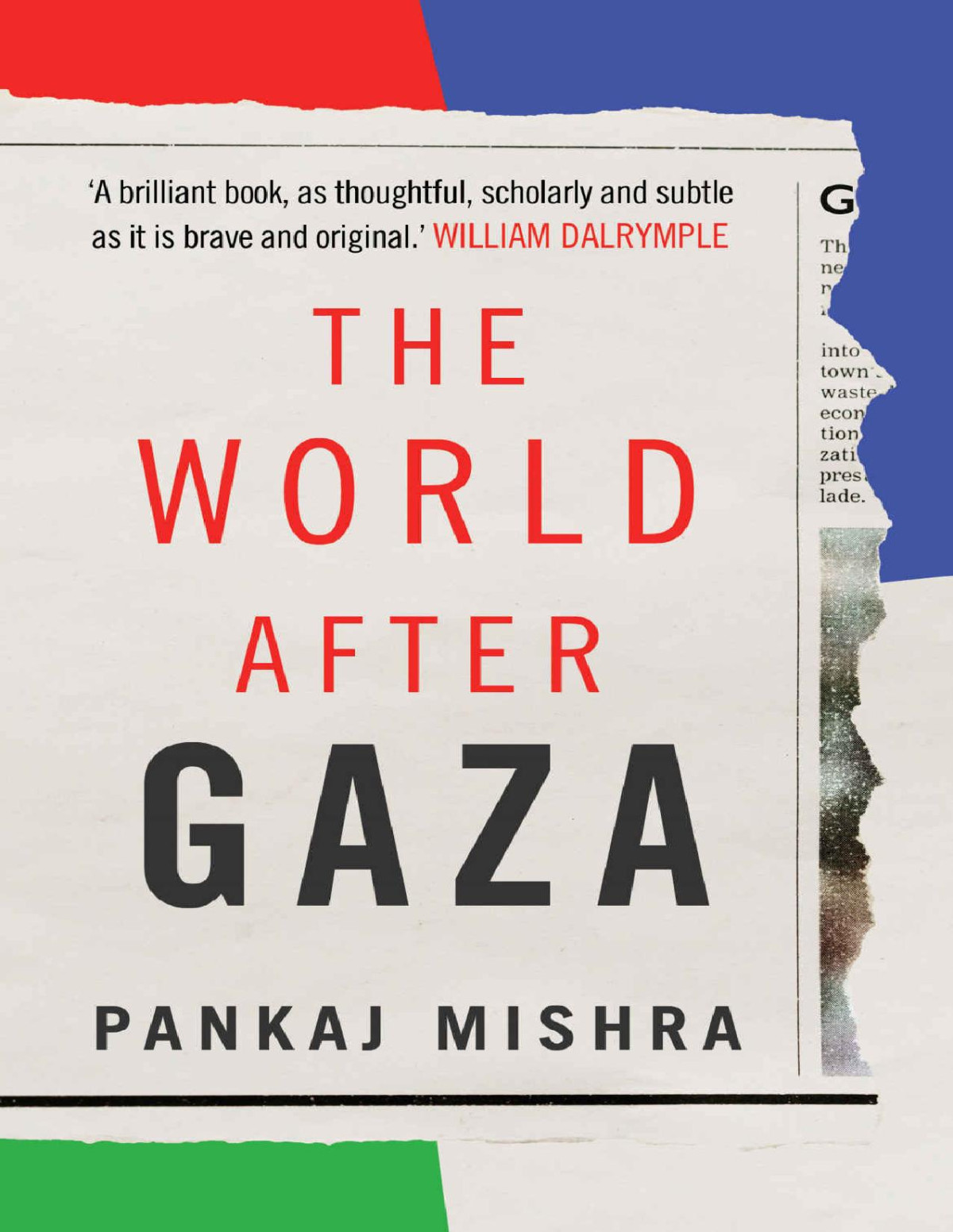

Most ebook files are in PDF format, so you can easily read them using various software such as Foxit Reader or directly on the Google Chrome browser.
Some ebook files are released by publishers in other formats such as .awz, .mobi, .epub, .fb2, etc. You may need to install specific software to read these formats on mobile/PC, such as Calibre.
Please read the tutorial at this link: https://ebookbell.com/faq
We offer FREE conversion to the popular formats you request; however, this may take some time. Therefore, right after payment, please email us, and we will try to provide the service as quickly as possible.
For some exceptional file formats or broken links (if any), please refrain from opening any disputes. Instead, email us first, and we will try to assist within a maximum of 6 hours.
EbookBell Team

4.4
72 reviews“This profoundly important and urgent book finds Mishra, one of our most intellectually astute and courageous writers, at the peak of his powers.” —Hisham Matar
“A triumphant work of empathy in a polarizing conflict.” —Anand Giridharadas
Named a Best Book of the Month by TIME • Named a Most Anticipated Book of 2025 by The Guardian, Bustle, Foreign Policy, and Literary Hub
From one of our foremost public intellectuals, an essential reckoning with the war in Gaza that reframes our understanding of the ongoing conflict, its historical roots, and the fractured global response
The postwar global order was in many ways shaped in response to the Holocaust. That event became the benchmark for atrocity, and, in the Western imagination, the paradigmatic genocide. Its memory orients so much of our thinking, and crucially, forms the basic justification for Israel’s right first to establish itself and then to defend itself. But in many parts of the world, ravaged by other conflicts and experiences of mass slaughter, the Holocaust’s singularity is not always taken for granted, even when its hideous atrocity is. Outside of the West, Pankaj Mishra argues, the dominant story of the twentieth century is that of decolonization.
The World After Gaza takes the current war, and the polarized reaction to it, as the starting point for a broad reevaluation of two competing narratives of the last century: the Global North’s triumphant account of victory over totalitarianism and the spread of liberal capitalism, and the Global South’s hopeful vision of racial equality and freedom from colonial rule. At a moment when the world’s balance of power is shifting, and the Global North no longer commands ultimate authority, it is critically important that we understand how and why the two halves of the world are failing to talk to each other.